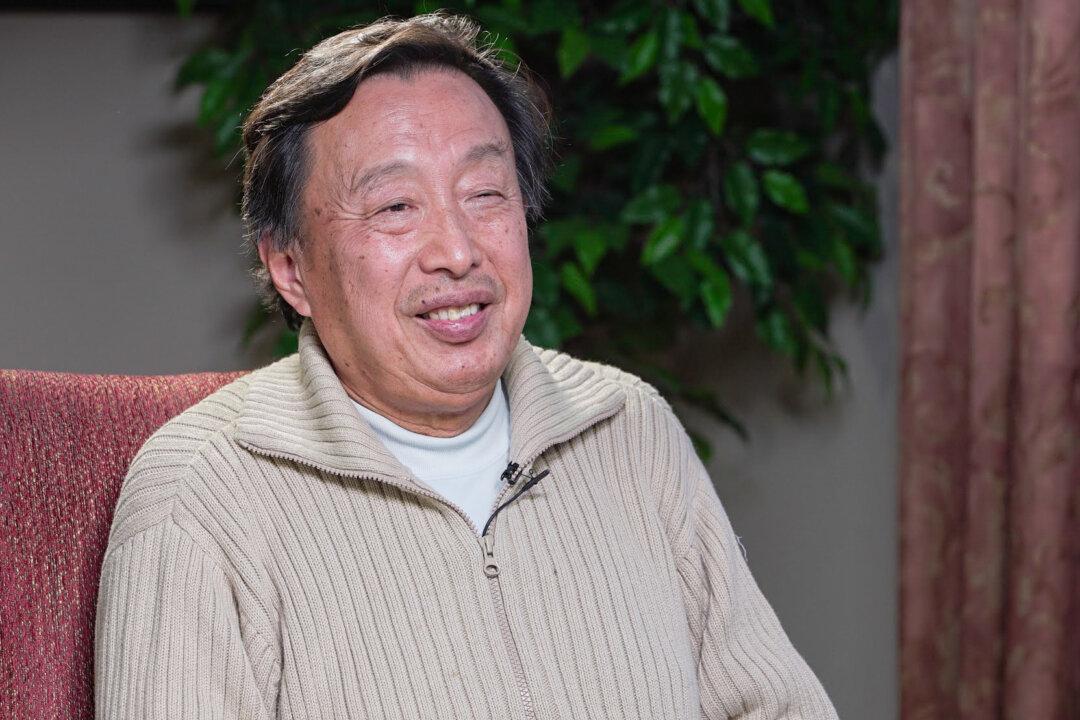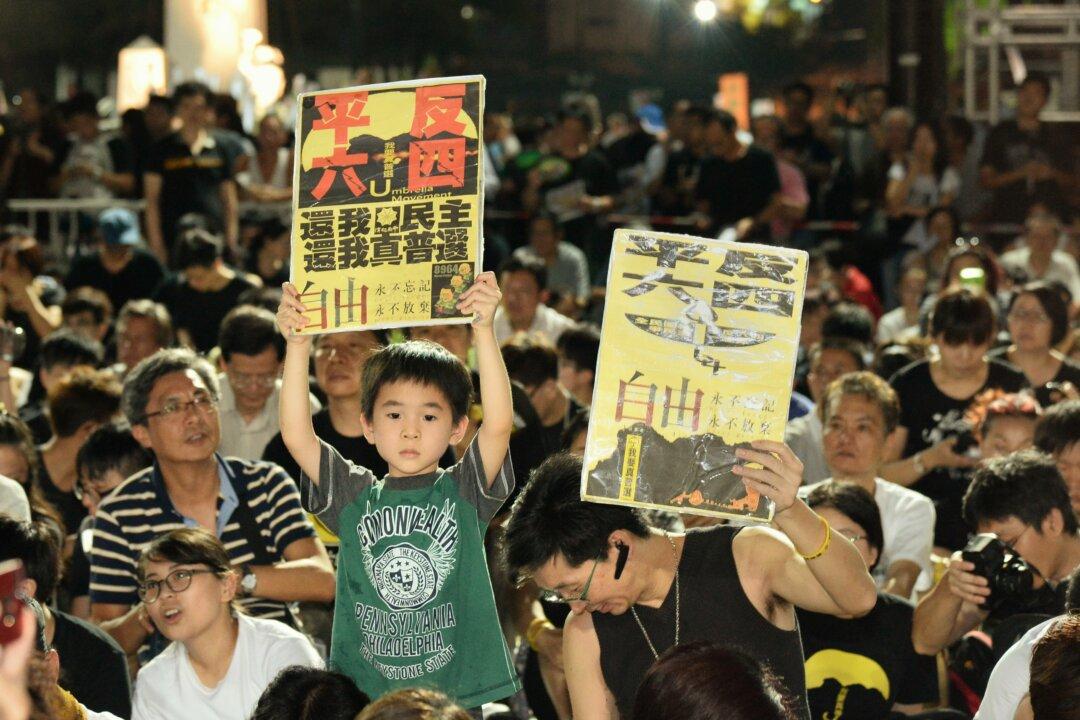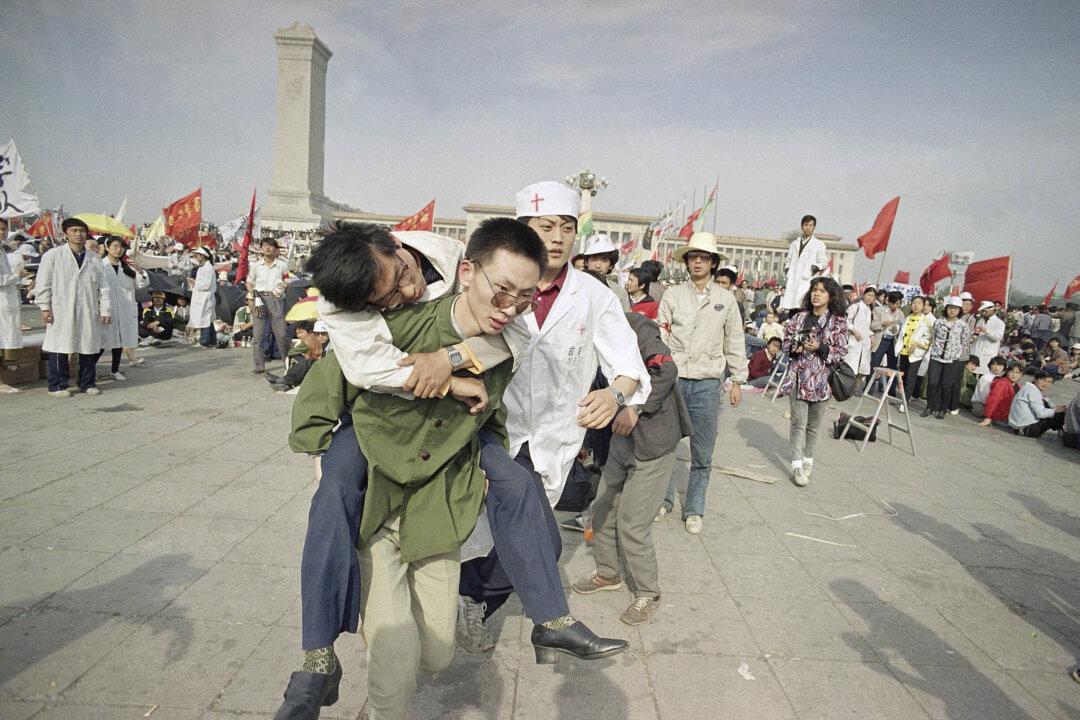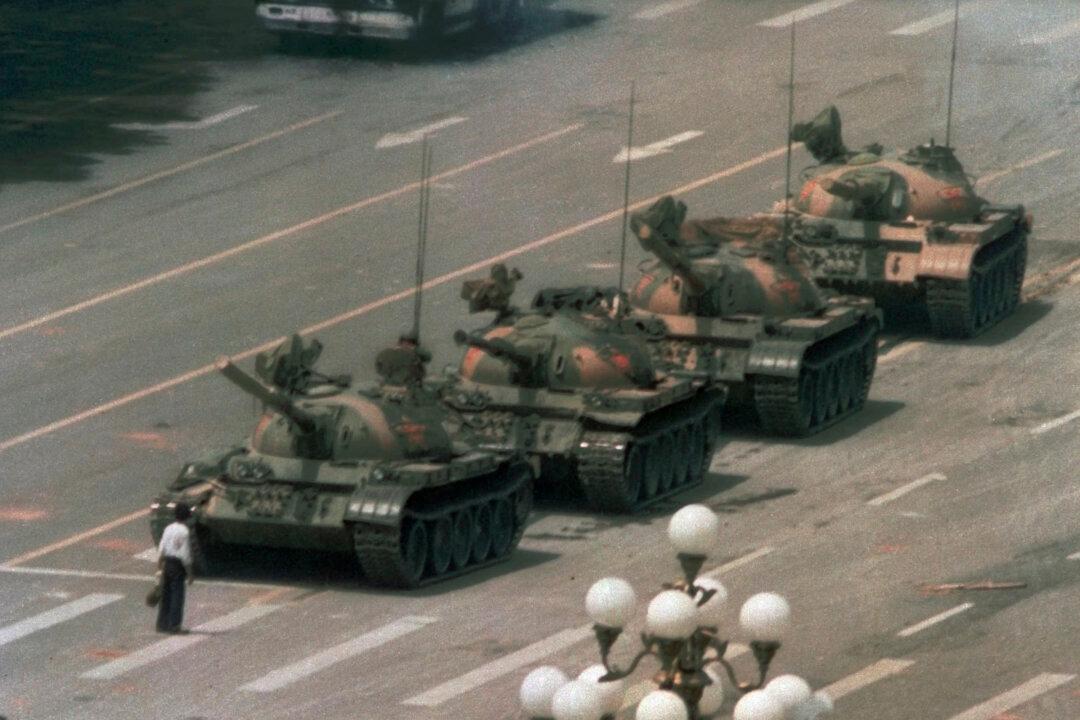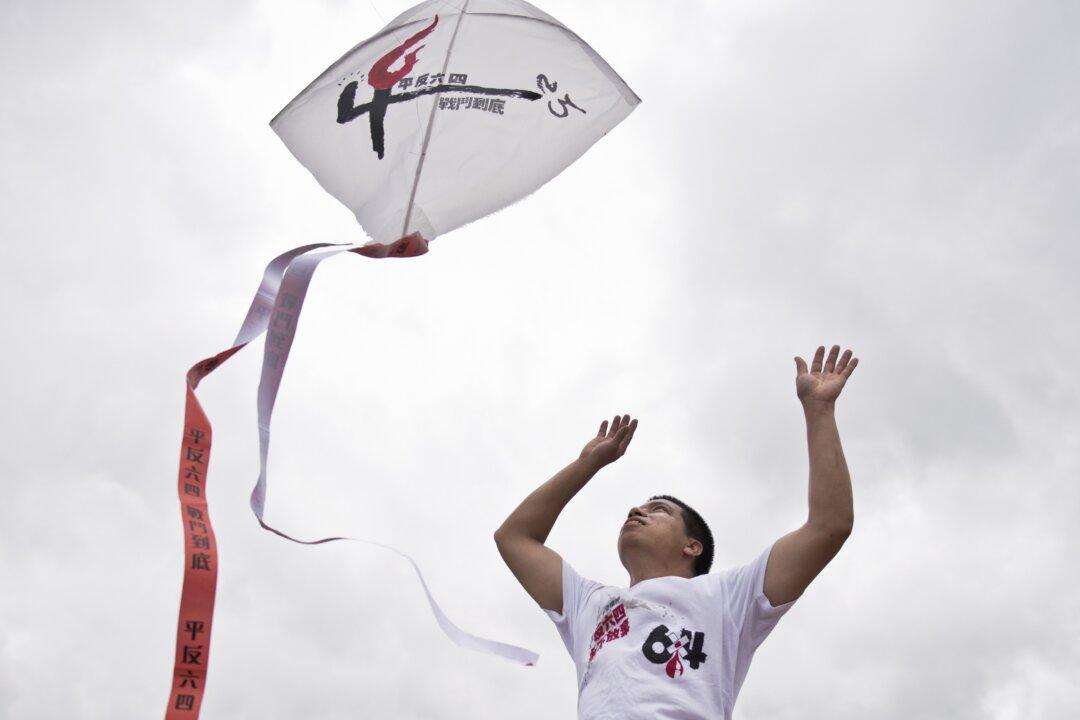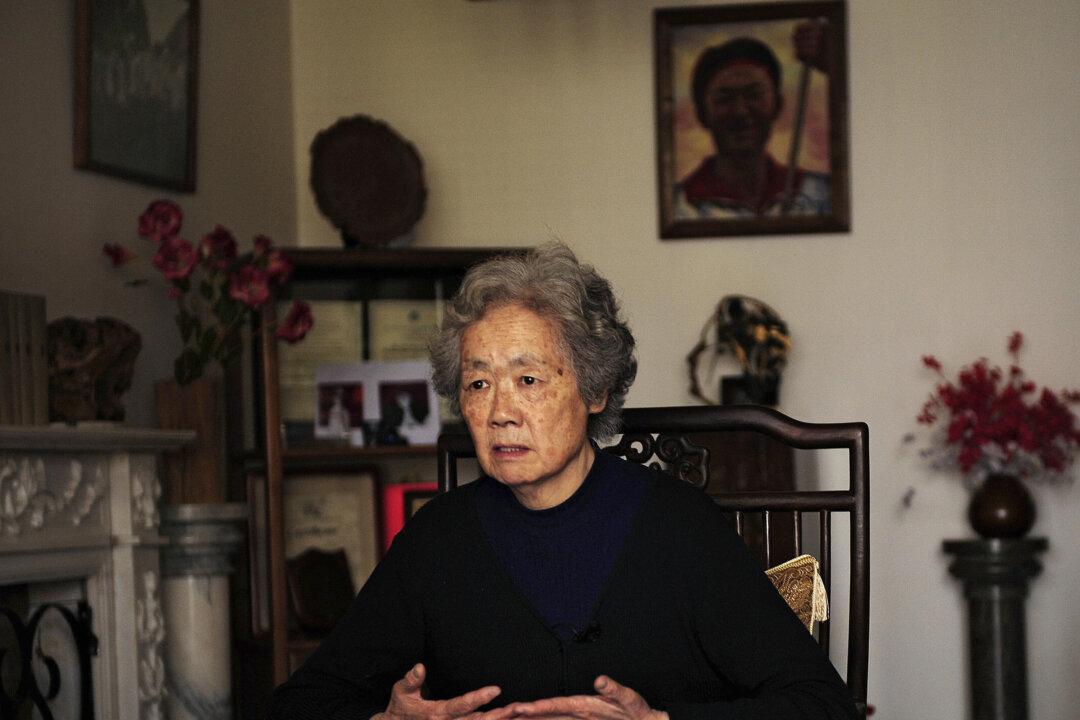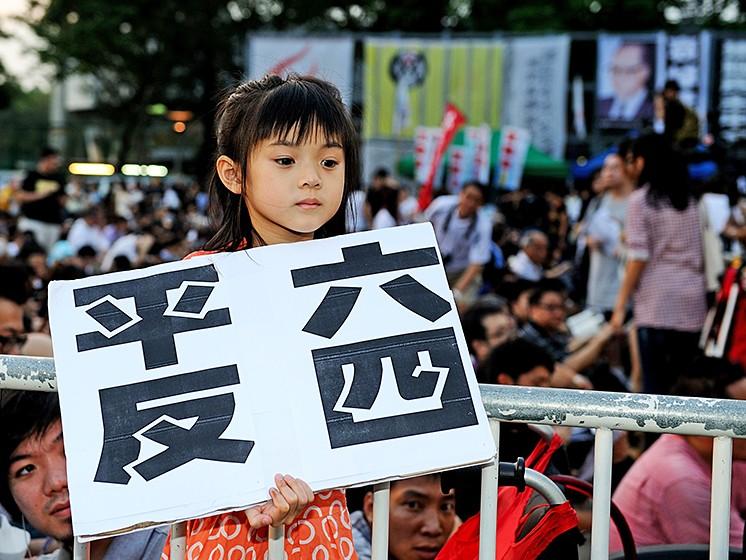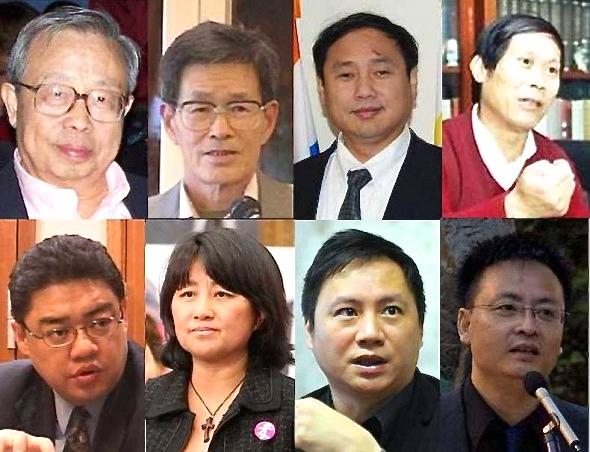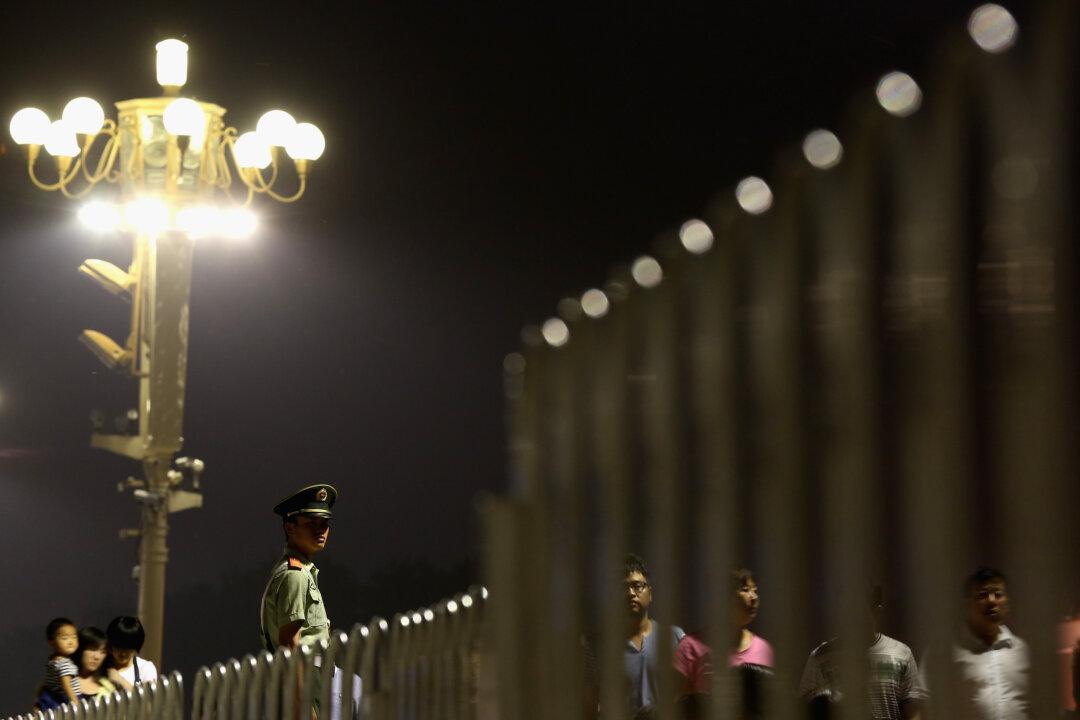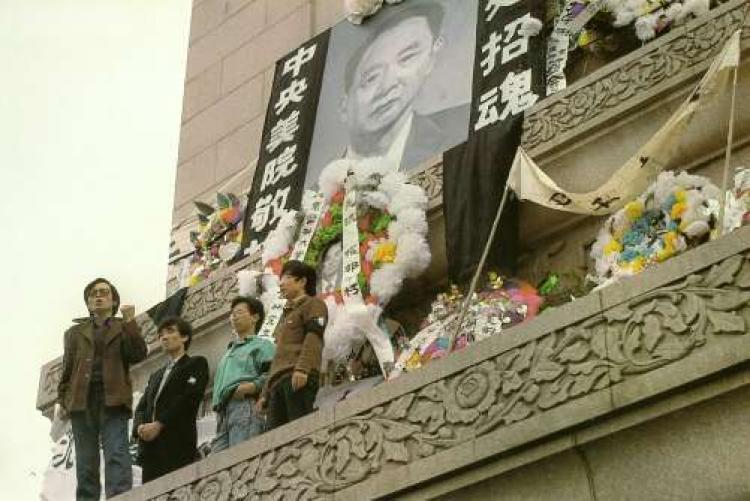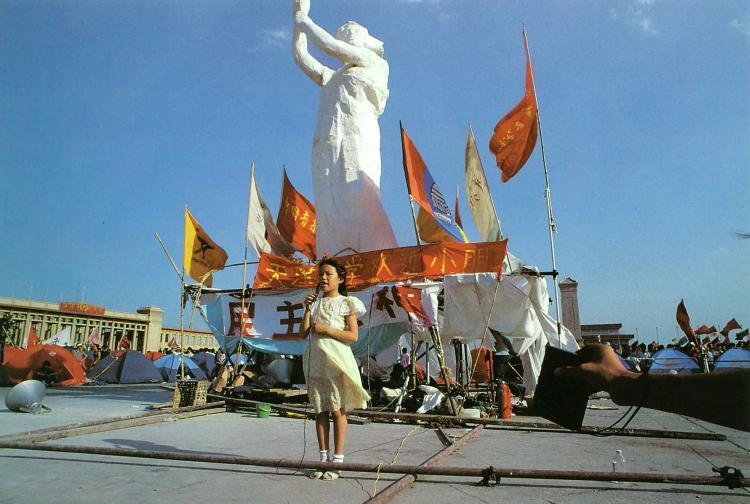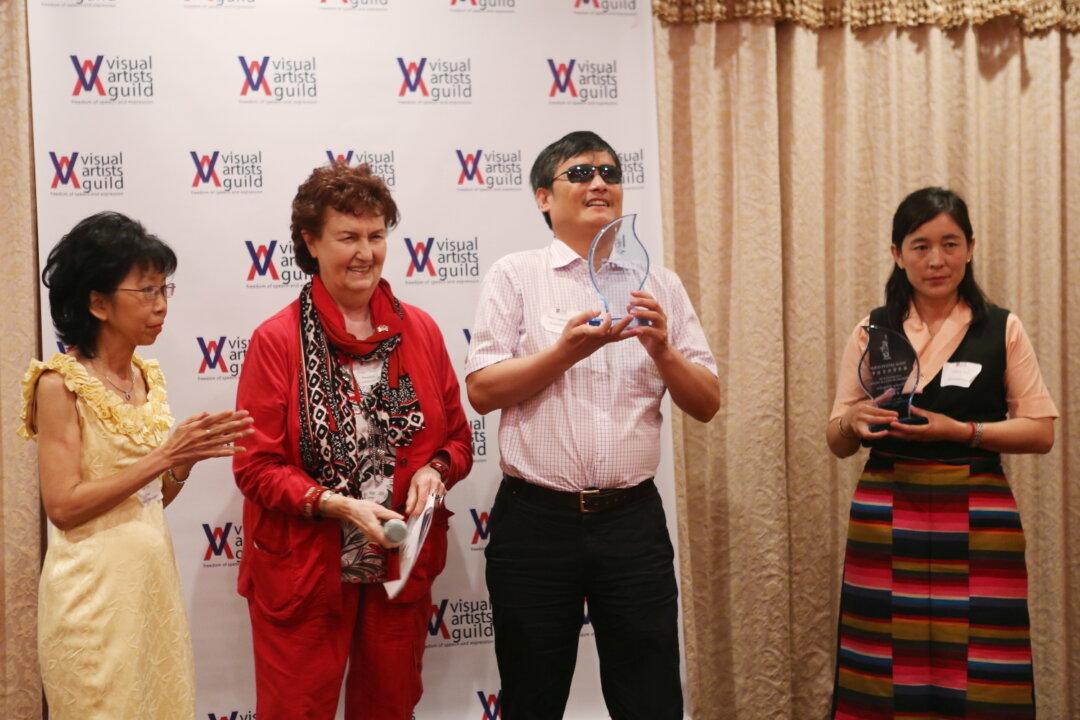Tiananmen Square
Uncover the truth about the Tiananmen Square protests and massacre, reflecting on its historical significance and ongoing impact.
Tiananmen Square | LATEST STORIES
Son of Chinese Revolutionary to Xi Jinping: Redress Injustices First Step to Democracy
If Xi Jinping wishes to set China on the path of democratic reform, he must earn the support and trust of the Chinese people, urges Xi’s childhood friend.
|
Hong Kong Remembers Tiananmen Square Massacre With Candlelight Vigil
On the evening of June 4, the 26th anniversary of the Tiananmen Square Massacre, 135,000 people gathered for a candlelight vigil in Hong Kong to memorialize the event.
|
For Chinese, the Tiananmen Square Massacre Is Still Too Taboo to Talk About
For Chinese young people, the best way to talk about the 1989 military crackdown is to not talk about it.
|
Tiananmen Square in Context
The two days of June 3 and 4, 1989 were fully consistent with a 65-year history of episodic party-state brutality against its own and other peoples.
|
Yearning for Truth 25 Years After Tiananmen Massacre
Moving accounts from survivors of the Tiananmen Square Massacre. Fang lost both legs under a tank but the Party refused him entry in the Paralympics unless he lied about how it happened
|
The Spirit of Freedom: From Tiananmen to Iran to the Berlin Wall
Countries all around the world have taken many measures to ensure their freedom.
|
A Son Lost, a Regime Exposed
The political tragedy of June 4, 1989, is made up of thousands of personal tragedies. In an interview with Voice of America in 2009, Ms. Ding Zilin, the founder of the Tiananmen Mothers, tried to come to grips with the meaning for her of the loss of her son.
|
A Murder on Tiananmen Staged to Peddle a Lie, Witness Says
The Chinese regime’s propaganda about the events of June 4, 1989, has always claimed the soldiers were there to put down a violent mob. One eyewitness saw a murder that has been used to peddle that claim.
|
Heroes of Tiananmen Square, Where Are They Now?
Twenty-four years ago, on June 4, 1989, hundreds or possibly thousands of China’s most idealistic young people were massacred on Tiananmen Square by the People’s Liberation Army. Listed here are brief biographies of nine who are recognized as leaders of the student democracy movement.
|
The Tanks of Tiananmen Crushed Idealism, Too
The Chinese Communist Party suppressed the protests of a generation 24 years ago on Tiananmen Square, but in doing so, the Party also suppressed the idealism those students were ready to give so generously to their country.
|
First Killing of Tiananmen Square Massacre Recalled by Eyewitness
Although martial law had been declared and troops were in the streets at the beginning of June 1989, Beijing residents still hoped to protect the students at Tiananmen Square from having their democracy movement stamped out. But in one instant, the hopes of the people of Beijing were shattered and the life of one brave man was ended.
|
Tiananmen Square Protests: The Banners of Justice (Photos)
With the death on April 15, 1989 of Hu Yaobang, the former general secretary of the Chinese Communist Party who was beloved as a reformer, students in Beijing and around the country began taking steps to honor his memory.
|
Tiananmen Square 1989: The People’s Movement (Photos)
Despite the efforts by the Chinese regime to make the population forget the events around June 4, 1989, vivid photographs taken at the time continue to bear witness to the days and weeks leading up to the massacre.
|
China Freedom Fighters Win Freedom of Speech Award
Chinese rights lawyer Chen Guangcheng, Tibetan filmmaker Dhondup Wangchen; and others receive the Visual Artist Guild NYC Freedom of Speech Award during commemoration of the June 4 Tiananmen Square massacre.
|
Son of Chinese Revolutionary to Xi Jinping: Redress Injustices First Step to Democracy
If Xi Jinping wishes to set China on the path of democratic reform, he must earn the support and trust of the Chinese people, urges Xi’s childhood friend.
|
Hong Kong Remembers Tiananmen Square Massacre With Candlelight Vigil
On the evening of June 4, the 26th anniversary of the Tiananmen Square Massacre, 135,000 people gathered for a candlelight vigil in Hong Kong to memorialize the event.
|
For Chinese, the Tiananmen Square Massacre Is Still Too Taboo to Talk About
For Chinese young people, the best way to talk about the 1989 military crackdown is to not talk about it.
|
Tiananmen Square in Context
The two days of June 3 and 4, 1989 were fully consistent with a 65-year history of episodic party-state brutality against its own and other peoples.
|
Yearning for Truth 25 Years After Tiananmen Massacre
Moving accounts from survivors of the Tiananmen Square Massacre. Fang lost both legs under a tank but the Party refused him entry in the Paralympics unless he lied about how it happened
|
The Spirit of Freedom: From Tiananmen to Iran to the Berlin Wall
Countries all around the world have taken many measures to ensure their freedom.
|
A Son Lost, a Regime Exposed
The political tragedy of June 4, 1989, is made up of thousands of personal tragedies. In an interview with Voice of America in 2009, Ms. Ding Zilin, the founder of the Tiananmen Mothers, tried to come to grips with the meaning for her of the loss of her son.
|
A Murder on Tiananmen Staged to Peddle a Lie, Witness Says
The Chinese regime’s propaganda about the events of June 4, 1989, has always claimed the soldiers were there to put down a violent mob. One eyewitness saw a murder that has been used to peddle that claim.
|
Heroes of Tiananmen Square, Where Are They Now?
Twenty-four years ago, on June 4, 1989, hundreds or possibly thousands of China’s most idealistic young people were massacred on Tiananmen Square by the People’s Liberation Army. Listed here are brief biographies of nine who are recognized as leaders of the student democracy movement.
|
The Tanks of Tiananmen Crushed Idealism, Too
The Chinese Communist Party suppressed the protests of a generation 24 years ago on Tiananmen Square, but in doing so, the Party also suppressed the idealism those students were ready to give so generously to their country.
|
First Killing of Tiananmen Square Massacre Recalled by Eyewitness
Although martial law had been declared and troops were in the streets at the beginning of June 1989, Beijing residents still hoped to protect the students at Tiananmen Square from having their democracy movement stamped out. But in one instant, the hopes of the people of Beijing were shattered and the life of one brave man was ended.
|
Tiananmen Square Protests: The Banners of Justice (Photos)
With the death on April 15, 1989 of Hu Yaobang, the former general secretary of the Chinese Communist Party who was beloved as a reformer, students in Beijing and around the country began taking steps to honor his memory.
|
Tiananmen Square 1989: The People’s Movement (Photos)
Despite the efforts by the Chinese regime to make the population forget the events around June 4, 1989, vivid photographs taken at the time continue to bear witness to the days and weeks leading up to the massacre.
|
China Freedom Fighters Win Freedom of Speech Award
Chinese rights lawyer Chen Guangcheng, Tibetan filmmaker Dhondup Wangchen; and others receive the Visual Artist Guild NYC Freedom of Speech Award during commemoration of the June 4 Tiananmen Square massacre.
|

